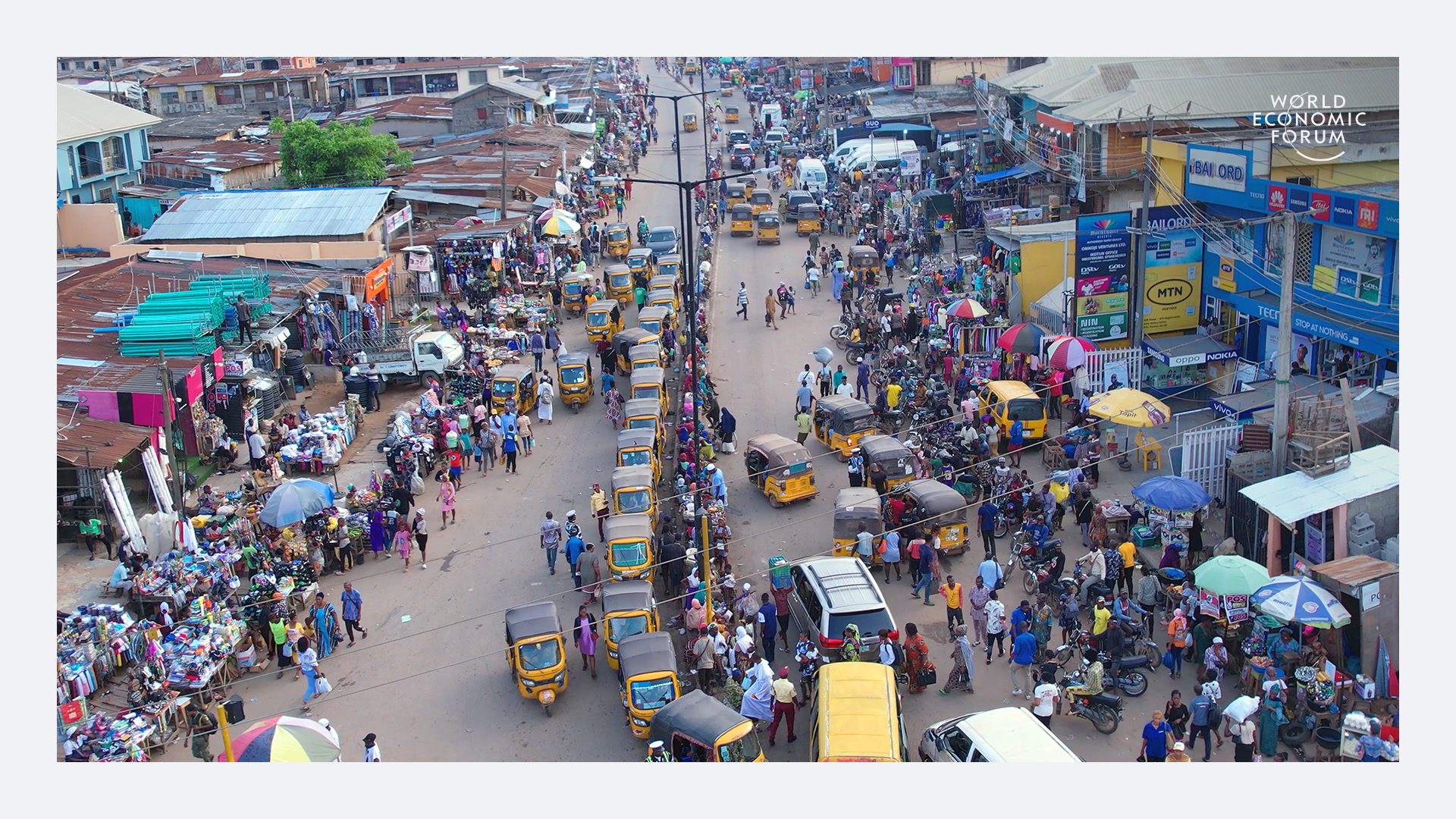This is what people around the world predict will happen in 2022 - Ipsos

Spoiler alert ... more than three-quarters of us are optimistic that this year will be better than the last, says Ipsos. Image: Unsplash/ Luba Ertel

Get involved with our crowdsourced digital platform to deliver impact at scale
Stay up to date:
The Digital Economy
Listen to the article
- The annual Ipsos poll captures predictions from residents of 33 different global markets.
- More than three-quarters of respondents are optimistic that this year will be better than the last.
- Optimism is high about the global vaccination programme to combat COVID-19.
- The biggest perceived threats facing the world are natural disasters and foreign government-backed hackers causing an IT shutdown.
COVID-19 and the worsening climate crisis may not have made 2021 the most positive of years, but how optimistic are people feeling about the year ahead?
A new Ipsos poll asked more than 22,000 people across 33 markets around the world to share their predictions for the coming 12 months, specifically how they see the pandemic, the environment, the economy, society, technology and other aspects of life unfolding.
Spoiler alert: more than three-quarters of respondents are optimistic that this year will be better than the last.
A shot in the arm against the pandemic
People view efforts to combat the pandemic positively. Poll results published in the Ipsos Global Predictions for 2022 report show 56% of respondents think it likely that more than four-fifths of the global population will receive at least one COVID-19 vaccine shot this year.
More than 80% of the world’s population will receive at least one dose of a COVID-19 vaccine in 2022

Over 80% of respondents in Peru think this target can be achieved, compared to a more pessimistic stance in European nations such as Hungary, Poland and Germany.
Just under 60% of the global population have received one dose to date, dropping to just 8.9% in low-income countries, data from the University of Oxford’s Our World in Data project shows. Vaccinating four-fifths of the global population therefore represents a serious challenge.
The impact of climate change is regarded with slightly less optimism, as 60% of those surveyed think it likely that their country will see an uptick in extreme weather events in the coming year.
Market predictions
Expectations around the economic outlook are also less positive, with three-quarters of the world’s population predicting that prices in their country will increase faster than incomes. This sentiment runs highest in Russia, at 88% of those surveyed, while in China and Saudi Arabia less than half of respondents feel that way, and only around a third take that view in Japan.
Just over a third of those surveyed expect major stock markets to crash in the year ahead, down from 40% in last year’s survey.
But there could be better times ahead for city businesses, as more than two-thirds of those polled think a return to office-based working will see urban centres make a more permanent return to business as usual. However, less than a third think people in their country will be more tolerant of each other.
Global perceptions of technology
The tech world received a mixed reaction from those taking part in the poll. Overall, 57% of those surveyed predicted that many more people will live their lives in virtual worlds in 2022.
But results differed between countries, with around three-quarters of people in Turkey, Malaysia and Brazil predicting a transition from real to digital living, compared with less than half of respondents in the US and several European countries, and just 18% of people in high-tech markets such as Japan.
Against a backdrop of growing calls to regulate Big Tech, just 38% of those polled think strict rules for large technology companies will be introduced in their country.
Under threat
So what do people predict will be the main threats to the world in the months ahead?
Almost two-fifths think a natural disaster will befall one of the main cities in their country, and a similar proportion think foreign government-backed hackers will cause an IT shutdown. The threat of nuclear attack poses a slightly lower perceived threat.
Major perceived risks to the world in 2022
An asteroid collision is expected by 16% of those polled, up one percentage point from last year’s survey. Meanwhile, 14% of respondents expect aliens to visit Earth this year – a two percentage point increase from 2021 – with this view held most widely in India and Saudi Arabia, at around a third of those polled.
Climate change-related risks also dominate the World Economic Forum’s Global Risks Report 2022, accounting for the top three risks in the next 10 years.
Threats aside, more than three-quarters of those taking part in the survey think 2022 will be better than the previous year – the same percentage that declared last year a bad one for their country.
What is the World Economic Forum doing to manage emerging risks from COVID-19?
Have you read?
Don't miss any update on this topic
Create a free account and access your personalized content collection with our latest publications and analyses.
License and Republishing
World Economic Forum articles may be republished in accordance with the Creative Commons Attribution-NonCommercial-NoDerivatives 4.0 International Public License, and in accordance with our Terms of Use.
The views expressed in this article are those of the author alone and not the World Economic Forum.
Related topics:
The Agenda Weekly
A weekly update of the most important issues driving the global agenda
You can unsubscribe at any time using the link in our emails. For more details, review our privacy policy.
More on Economic GrowthSee all
Saadia Zahidi
April 29, 2024
Ahmed Galal Ismail
April 28, 2024
Joe Myers
April 26, 2024
Simon Freakley
April 26, 2024
Emma Charlton
April 24, 2024









